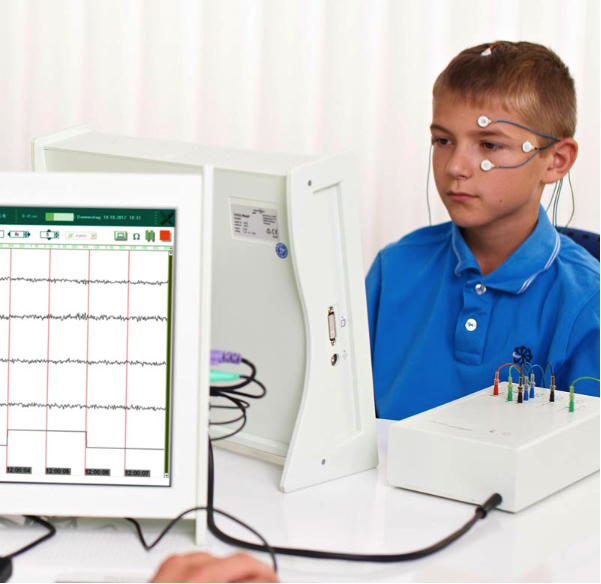Neurofeedback is an advanced technique that helps individuals handle stress and improve their mental health. It is based on the concept that people can learn to regulate their brain function through real-time feedback. This method involves using sensors placed on the head to monitor brain activity. The data is then displayed on a monitor, allowing individuals to see their brain activity and implement adjustments to promote relaxation and concentration. By harnessing the capability of neurofeedback, people can develop better management strategies for stress and boost their overall mental health.
One of the key benefits of neurofeedback is its capacity to diminish stress. When individuals face stress, their brain patterns often become erratic, leading to emotions of anxiety and tension. Neurofeedback training aids individuals identify these patterns and understand how to alter their brain activity to a more stable state. This can be particularly helpful for those who battle with anxiety conditions or chronic stress. By practicing neurofeedback, individuals can gain a greater sense of control over their mental state, leading to enhanced emotional regulation and resilience.

In addition to stress reduction, neurofeedback can also enhance mental well-being. Many people claim feeling more attentive and invigorated after participating in neurofeedback sessions. This is because the training assists to optimize brain performance, allowing individuals to think more clearly and take better choices. Improved focus can lead to greater productivity in academics or work, as well as better relationships with others. As individuals discover to control their stress and boost their cognitive abilities, they often experience a lift in self-esteem and overall life contentment.
Neurofeedback is not just for those with weblink mental health challenges; it can also benefit anyone seeking to enhance their mental capabilities. Athletes, students, and professionals can all use neurofeedback to enhance their focus and mental sharpness. For example, athletes may use neurofeedback to improve their focus during events, while students can gain from increased attention during exams. By conditioning the brain to operate at its optimal, individuals can reach their goals more effectively and enjoy a greater sense of achievement.
Overall, neurofeedback is a potent tool for stress control and mental well-being. It offers a distinct approach to comprehending and regulating brain activity, allowing individuals to seize control of their mental health. As more people learn of the benefits of neurofeedback, it is likely to gain recognition as a beneficial resource for enhancing mental performance and promoting emotional resilience. By committing time in neurofeedback training, individuals can unlock their potential and lead more balanced, more fulfilling lives.